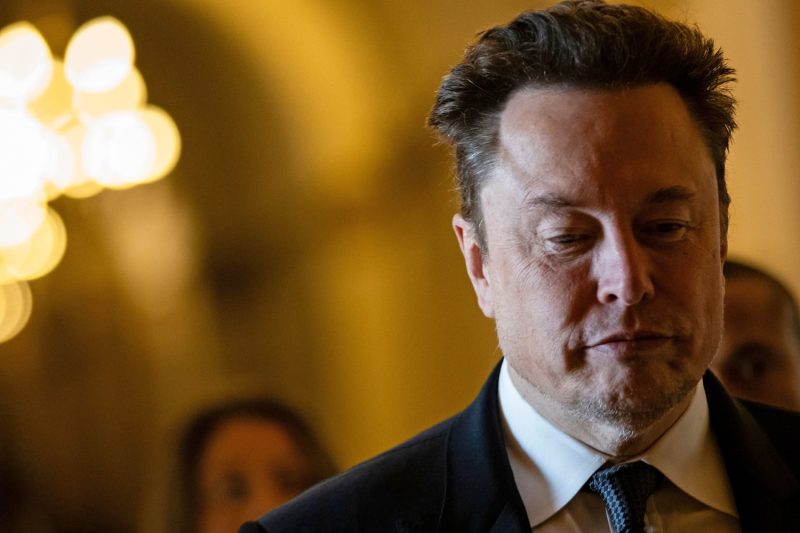
Elon Musk’s X and Starlink Hit with Near $1 Million Daily Fines for Ban Breach in Brazil
Elon Musk’s SpaceX has been at the center of controversy in Brazil as the company’s Starlink project faces potential fines of nearly $1 million daily for allegedly evading a ban imposed by the country’s National Telecommunications Agency (Anatel). The dispute with Brazilian authorities arose following SpaceX’s deployment of satellite antennas in the country without proper authorization.
The regulatory issue in Brazil highlights the challenges that technology companies often face when operating in foreign markets with differing regulatory frameworks. While SpaceX has rapidly expanded its Starlink internet service globally, complying with local regulations and obtaining necessary permits has proven to be a complex task.
The conflict in Brazil underscores the broader tension between innovation and regulation. On one hand, companies like SpaceX, led by visionary figures such as Elon Musk, are at the forefront of technological advancements that have the potential to revolutionize industries and improve people’s lives. The implementation of satellite internet, as in the case of Starlink, can bridge the digital divide, providing high-speed connectivity to underserved regions.
However, on the other hand, regulatory bodies like Anatel play a crucial role in ensuring fair competition, consumer protection, and adherence to established rules. By enforcing regulations on spectrum allocation and licensing, agencies aim to maintain order in the telecommunications sector and prevent potential misuse of frequencies.
The situation in Brazil also raises questions about the effectiveness of penalties in deterring non-compliance. With fines nearing $1 million per day, the financial implications are significant and could serve as a deterrent for SpaceX and other companies seeking to circumvent regulatory requirements. Such penalties send a clear message that adherence to local laws is non-negotiable, regardless of a company’s size or influence.
Moreover, the case of SpaceX and Starlink in Brazil underscores the importance of transparency and open communication between technology firms and regulatory authorities. Collaboration and dialogue can help mitigate misunderstandings and proactively address compliance issues before they escalate into legal disputes.
As the global technology landscape continues to evolve rapidly, balancing innovation with regulation will remain a key challenge for companies operating in multiple jurisdictions. Navigating complex regulatory environments requires a nuanced approach that respects local laws and safeguards against potential conflicts with authorities.
Ultimately, the outcome of the dispute between SpaceX and Anatel in Brazil will serve as a litmus test for how technology companies can navigate regulatory hurdles while continuing to drive innovation and expand access to digital services. The resolution of this conflict may set a precedent for future engagements between tech giants and government agencies worldwide, shaping the path towards a more harmonious relationship between innovation and regulation.
